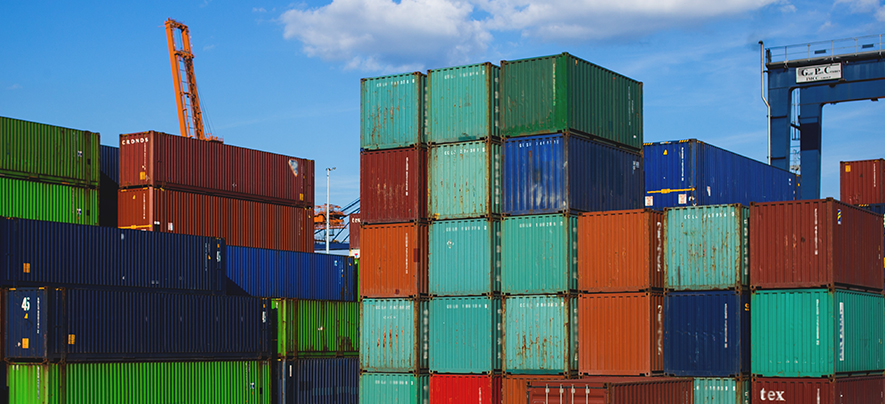
Impact of GST on the movement of goods in the nation

GST
359 week ago — 5 min read
GST is a common tax that will be imposed nation-wide on goods and services. GST will have a profound impact on how business is conducted in the country. Below is an explanation of how it will affect different facets of the economy in the coming months.
Transportation
GST will bring consolidation of loads and will redistribute transportation volume creating a different fleet mix. Identification of these patterns will help frame the right transportation contracts. GST will integrate the Service and Goods tax with a credit mechanism which will make 3PL (third-party logistics) services more viable and attractive for companies. With an integrated supply chain and tight linkages, the value-added services and a service level agreement (SLAs) provided by 3PLs would be worth the cost with services credit available in GST.
Warehousing
State-level barriers and the central state taxes for interstate movements has led to the setting up of warehouses / distribution centres across the country (one or more per state). With GST, tax will be levied on the stock transfer and credit will be available on inter-state transactions. This will free decisions on warehousing and distribution from tax considerations and will be based purely on operational and logistics efficiency. From an infrastructure point of view this will lead to a smaller number but larger warehouses.
Manufacturing
The existing tax regime caused sub-optimal inventory decisions, guided more by tax minimisation than by customer SLAs. Post GST, strategic inventory placement is possible. Achieving higher customer service level for the same inventory investment, or lower inventory investment for the same service level will also be possible.
Supply Chain
With GST subsuming multiple central and state taxes, a uniform tax regime will drive restructuring of the supply chain network. The distortions imposed by the taxation will go away and the logistics networks will be designed to support the speed and efficiency required for that particular product.
Procurement
With the advent of GST, every tax paying organisation will be linked to its suppliers through the GST Network, and will receive tax credits upon tax compliance of its suppliers. This will lead to organisations being very selective and strategic in their choice of suppliers.
Sales
With GST subsuming multiple central and state taxes, a uniform tax regime will drive a restructuring of pricing and dealer margins. Pass-through effect of taxes will come in and some benefit might be passed on to the channel and/or to the consumer. Price changes and competitor actions will have an integrated and direct correlation to volume/ market share with an effect across India, making real time pricing strategies a key part of strategic decision making. Additionally, changes to supply network and inventory will change product costing, thereby impacting margins as well.
Finance
In the post GST environment, there will be a need to have a very strong invoice matching process as part of the SOP. Organisations risk accruing input tax credits, which in turn will impact the cash flow immediately. Also the reconciliation is expected to be at the line item of the invoice. In the advent of GST, there would be a need to closely monitor and calculate the GST payable and tax credits available. In case of inter-state stock transfer, IGST has to be paid in full in the origin state, which is available as credit in the destination state at the time of sale. This has the impact of blocking of working capital from the time of dispatch till the sale in the destination state.
In the GST environment; there will be a need to use centralised SOPs for various master data in the system; tax configurations would need to be centrally monitored and managed. This is best managed if there is system based governance framework for various SOP implementations.
Shared Services
With the implementation of GST, tax filing is expected to be standardised across India via the GST network. Due to this standardisation the shared services team can facilitate local units in tax filing procedures. Also, due to standardisation of invoice formats, the automation of invoice processing in a shared services environment becomes extremely feasible and simple. Hence, there are definite benefits for organisations to setup Shared Services units to facilitate tax filings, invoice automation and contract management process as part of their business transformation exercise.
To explore business opportunities, link with me by clicking on the 'Invite' button on my eBiz Card.
View Mohammad 's profile
SME Inspirations
Most read this week













Comments
Please login or Register to join the discussion